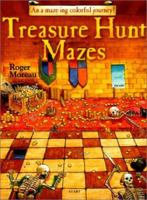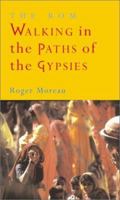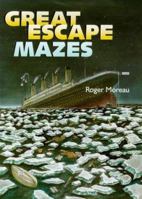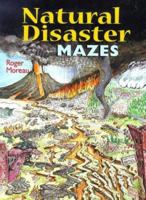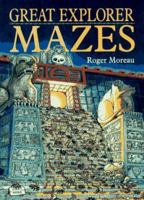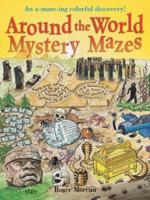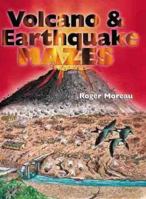Hours of Exercise in the Alps
Select Format
Select Condition 
Book Overview
Hours of Exercise in the Alps is an unchanged, high-quality reprint of the original edition of 1871. Hansebooks is editor of the literature on different topic areas such as research and science, travel and expeditions, cooking and nutrition, medicine, and other genres. As a publisher we focus on the preservation of historical literature. Many works of historical writers and scientists are available today as antiques only. Hansebooks newly publishes these books and contributes to the preservation of literature which has become rare and historical knowledge for the future.
Format:Hardcover
Language:English
ISBN:0312010729
ISBN13:9780312010720
Release Date:January 1987
Publisher:St. Martin's Press
Length:248 Pages
Weight:0.96 lbs.
More by Roger Moreau
Customer Reviews
2 customer ratings | 2 reviews
There are currently no reviews. Be the first to review this work.














